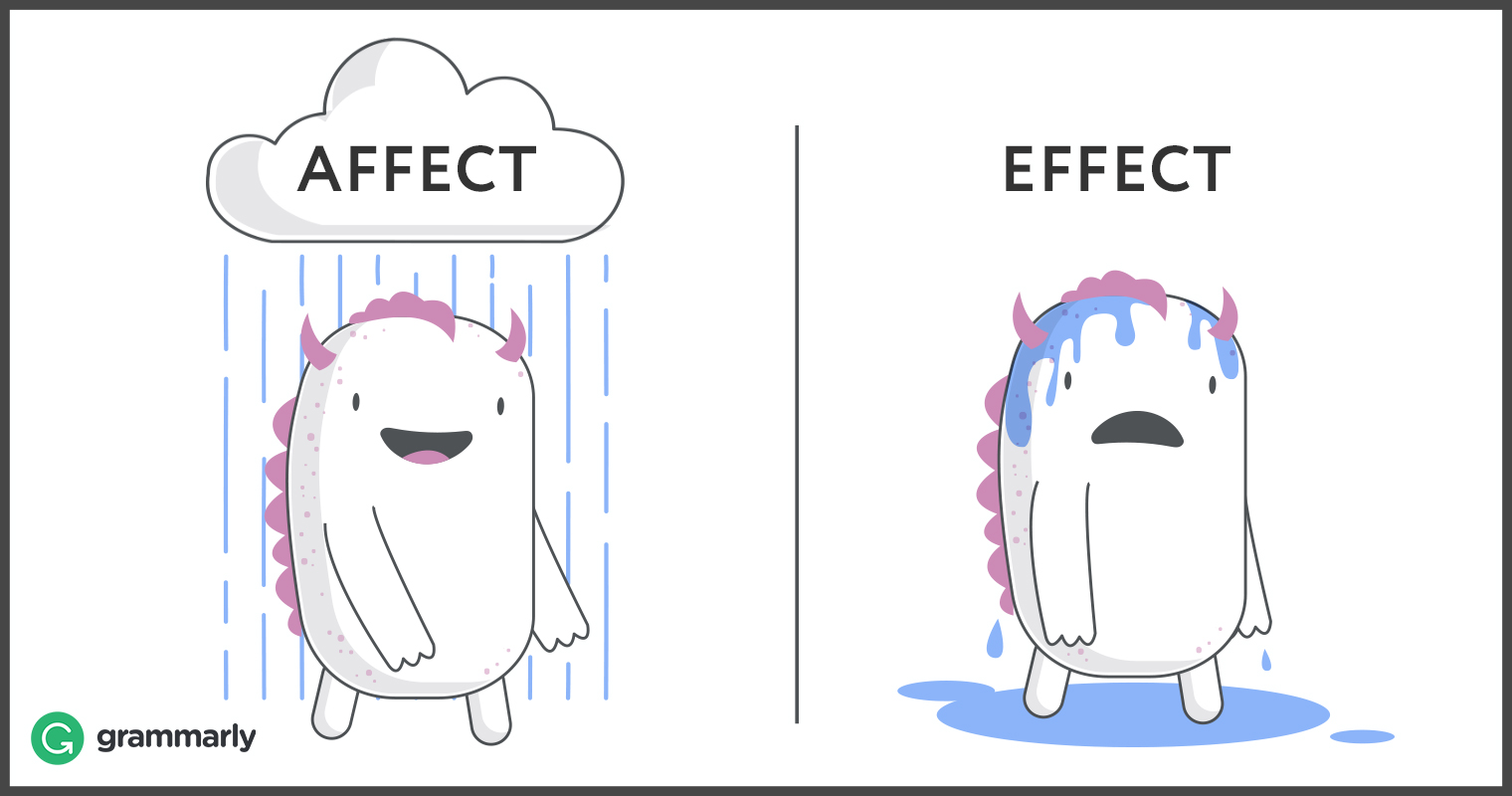The reading and discussion for Tuesday’s class reminded me of a political science class I had taken close to two years ago. The class, titled ‘Politicizing the Passions’, touched on emotion’s political and societal role. We explored emotion in varying contexts, one of these was in the idea of a habitus, a stimuli, and an affect. The definition of affect that I came across then is incredibly similar to the definition we explored. So to carry on the parallel, I want to explore what a habitus and a stimuli would look like in a gaming context. Before I do, a habitus is a society, or persons, dispositions and perceptions towards the world around them that is built through a social interaction; A stimuli is an event, or series, that can then trigger a change to the habitus; And an affect, is “a space for human motivation that is nonconscious, noncognitive, nonlinguistic, noncoherent, nonrational, and unpredetermined” (Deborah Gould).
When thinking about the applicability of this process to gaming experience, I found it helpful to begin with affect. A game has an affect on its player; it alters the player’s emotional and sometimes critical state. Through a games affective quality, a game can alter a player’s perspective and alter their mood, similar to an affect in sociology or political science. To then go back a step in the process, we would identify a stimuli. In this case, I think the game acts as a stimuli, and more specifically an interaction within the game will be the stimuli. For example, Mega Man II itself could be the stimuli to be affective. But perhaps more likely, the difficulty of the game, delivered by the simple mechanics and the simple premise but difficulty of success, acts as a stimuli for affect.
But, for a stimuli to have an effect that then generates an affect, the habitus that the stimuli acts against, or within, is essential. In terms of Mega Man II, our habitus could be our emotional and critical disposition towards a game. We play to win, or succeed, in some capacity. So our emotions towards the game are nervous, excited and determined – building to feelings of competition and ambition. For this habitus to break, the stimuli, delivered by the game, has to be great enough to break past these emotions and then feelings. Our determination and excitement are overshadowed by our frustration. Ambition becomes disheartenment, or ambition is supported by stubbornness, and the game has an affect on the player. Overall, it seems the emotional state/ association a player has towards a game and its theme leads to the affect the game has on the player.


Very interesting intersection between the worlds of political science and video games! I especially like your example of Mega Man II, as it is such an old game, it surprised me that it was still able to achieve such complicated affects. I would be keen to learn how gaming companies are currently exploiting this idea in order to sell their games- Since, utilizing the affect of a game has on a user can make a game more immersive and unique, which therefore sells better.